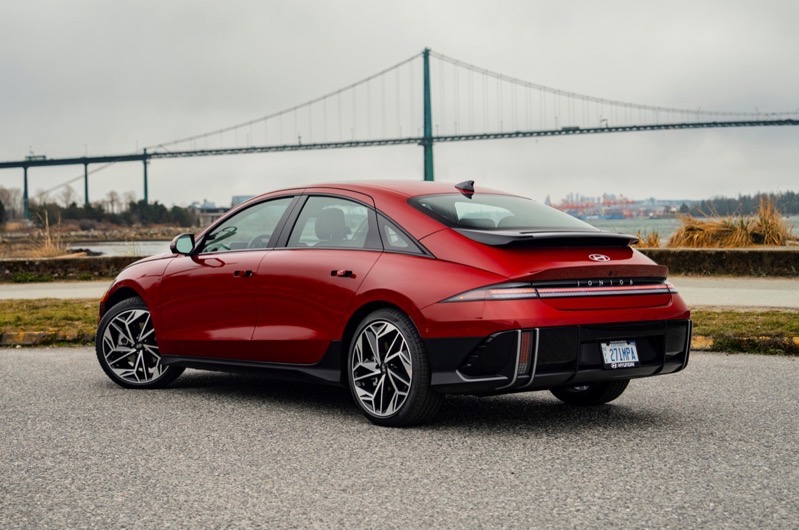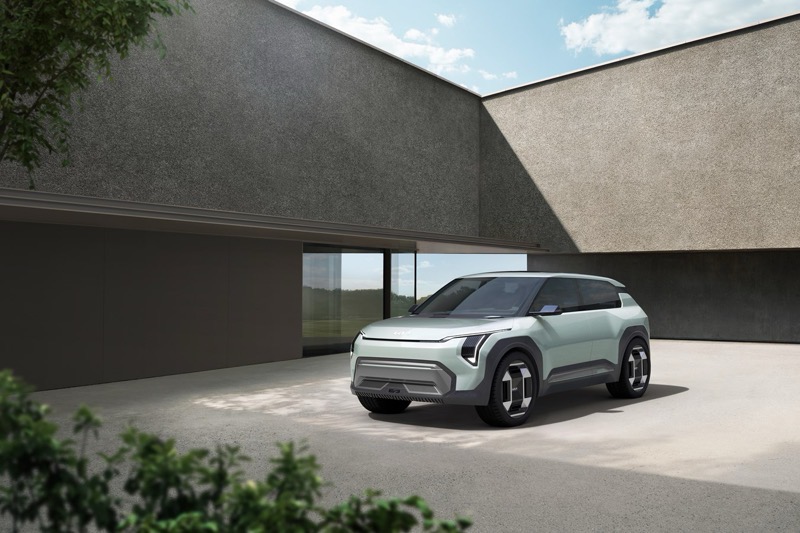
Hyundai Shuts Down Engine Development Division, Shifts Focus to EVs [Update]

Update Jan. 4, 2022: Hyundai has denied the report about shutting down its engine division to Motor1:
Senior Group Manager at Hyundai Motor America, Michael Stewart, said in a statement to Motor1, “Hyundai Motor Group can confirm that it is not halting the development of its engines following recent media speculation. The Group is dedicated to providing a strong portfolio of powertrains to global customers, which includes a combination of highly efficient engines and zero emissions electric motors.”
Our originally story follows below:
==
As the world moves to invest in zero-emission vehicle solutions, Hyundai is the latest company joining other automakers in transitioning employees from gas-powered projects to all-electric ones.
Hyundai Motor Group shut down its internal combustion engine (ICE) development department on December 23, reassigning its engineers instead to focus on electric vehicles (EVs), according to The Korean Economic Daily (via Ars Technica).
In an email to employees, Hyundai Research and Development Head Park Chung-kook said, “our own engine development is a great achievement, but we must change the system to create future innovation based on the great asset from the past.”
Hyundai IONIQ 5 EV U.S. Pricing: From $40,925 https://t.co/NHB5N07k1S
— TeslaNorth.com (@RealTeslaNorth) December 14, 2021
Also the parent company of auto brands Kia and Genesis, Hyundai announced last month it would increase its global EV sales forecast to 1.7 million by 2026.
Volvo also recently announced a shift to all-electric and online sales by 2030, after announcing plans to nix its own ICE development department were unveiled.
The age of ICE vehicles seemingly drawing to a close is also evidenced by Tesla becoming Norway’s top overall auto brand in 2021, with over a tenth of the country’s auto market share.
In addition, the zero-emission Tesla Model 3 was Switzerland’s best-selling car in all of the auto market in 2021, representing a major shift to EVs from gasoline-powered engines.

